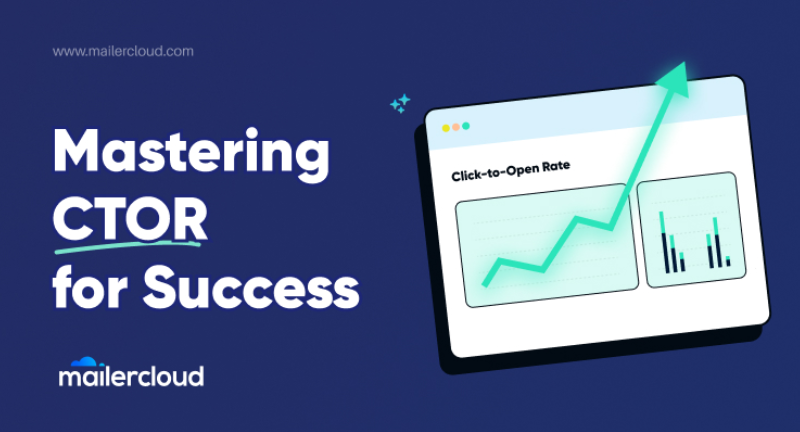To become an email marketer, gain a strong understanding of marketing principles and learn email marketing tools and techniques. Email marketing is a crucial component of digital marketing.
It involves creating and sending emails to engage customers and promote products or services. Start by studying marketing fundamentals and digital marketing strategies. Learn about email marketing platforms like Mailchimp and Constant Contact. Build skills in copywriting, design, and data analysis.
Understanding your audience is vital for crafting compelling messages. Practice creating email campaigns and analyzing their performance. Stay updated with the latest trends and regulations. Networking with professionals in the field can provide valuable insights. With dedication and continuous learning, you can become an effective email marketer.

Credit: www.indeed.com
Getting Started
Starting as an email marketer involves learning the basics of email marketing tools and strategies. Building a strong subscriber list and creating engaging content are essential steps.
Understanding Email Marketing
Email marketing involves sending emails to a group of people. These people are known as subscribers. The goal is to promote products or services. Email marketing also helps to build relationships with customers. It is a key tool for businesses to reach their audience. Understanding your audience is crucial. Knowing what they like will help you create better emails.
Essential Skills
Good writing skills are essential for email marketing. You need to write clear and engaging emails. Basic knowledge of HTML can be helpful. This will allow you to design attractive emails. Data analysis skills are also important. You need to understand the performance of your emails. This will help you improve future campaigns. Time management is another key skill. You will often work on multiple campaigns at once.

Credit: emeritus.org
Building Your Strategy
Craft a clear plan to become an email marketer. Focus on learning email marketing tools and understanding audience engagement.
Audience Research
Start by understanding who your audience is. This helps tailor your messages effectively. Use surveys and polls to gather important data. Analyze your existing customer base. Find out their preferences and needs. This will help in creating more engaging content. Segment your audience based on interests and behaviors. This makes your emails more relevant. Use tools like Google Analytics for deeper insights. Identify the best time to send your emails. Track the performance of past campaigns. This helps in refining your approach.
Content Planning
Create a content calendar to stay organized. This ensures consistent communication with your audience. Plan your email topics in advance. This gives you time to create quality content. Make sure your content is valuable and informative. This keeps your audience engaged. Use eye-catching subject lines to grab attention. Keep your emails short and to the point. Use bullet points for easy reading. Include call-to-actions to prompt your audience to act. Regularly update your content to keep it fresh and relevant.
Optimizing Campaigns
Master the art of optimizing campaigns to excel as an email marketer. Enhance engagement by analyzing performance metrics and refining strategies.
A/b Testing
A/B testing helps improve email campaigns. It involves sending two versions of an email. Each version has a different subject line or design. Measure which version performs better. Use the better-performing email for future campaigns. This method increases open rates and conversions. Always test one element at a time. This way, you know what caused the improvement.
Analytics And Metrics
Analyzing metrics is crucial for email marketing success. Key metrics include open rates, click-through rates, and bounce rates. Open rates show how many people opened your email. Click-through rates indicate how many clicked on a link. Bounce rates reveal how many emails failed to reach recipients. Use these metrics to adjust your strategy. Aim to improve these numbers over time.
Advanced Techniques
Master advanced techniques for becoming an email marketer by leveraging automation tools and crafting compelling content. Optimize campaigns through A/B testing and data analysis.
Automation Tools
Automation tools save time and boost efficiency. These tools send emails automatically. You can schedule emails for specific times. This ensures timely delivery to your subscribers. Popular tools include Mailchimp and HubSpot. They offer templates and analytics. These tools track open rates and click-through rates. This data helps you improve your campaigns.
Personalization Tactics
Personalization makes emails feel special. Use the subscriber’s name in the subject line. This grabs attention. Tailor the content to their interests. Segment your audience based on behavior. Send relevant offers to each group. Personalized emails increase engagement. They also build trust and loyalty. Tools like ActiveCampaign make personalization easy.

Credit: www.emailonacid.com
Frequently Asked Questions
What Skills Are Needed For Email Marketing?
Email marketing requires strong writing, analytical, and design skills. Understanding audience segmentation is also essential.
How Do I Start In Email Marketing?
Begin by learning email marketing basics, selecting an email platform, and building a small subscriber list.
What Are The Best Email Marketing Tools?
Popular email marketing tools include Mailchimp, Constant Contact, and Sendinblue. These platforms offer user-friendly features.
How Often Should I Send Marketing Emails?
Send marketing emails 1-2 times per week. This frequency keeps your audience engaged without overwhelming them.
Conclusion
Becoming an email marketer is a rewarding journey. Master the basics, stay updated, and always test your strategies. Focus on building strong relationships with your audience. Consistency and creativity are key. Keep learning and adapting to new trends. With dedication, you can excel in email marketing.
Start your journey today!


